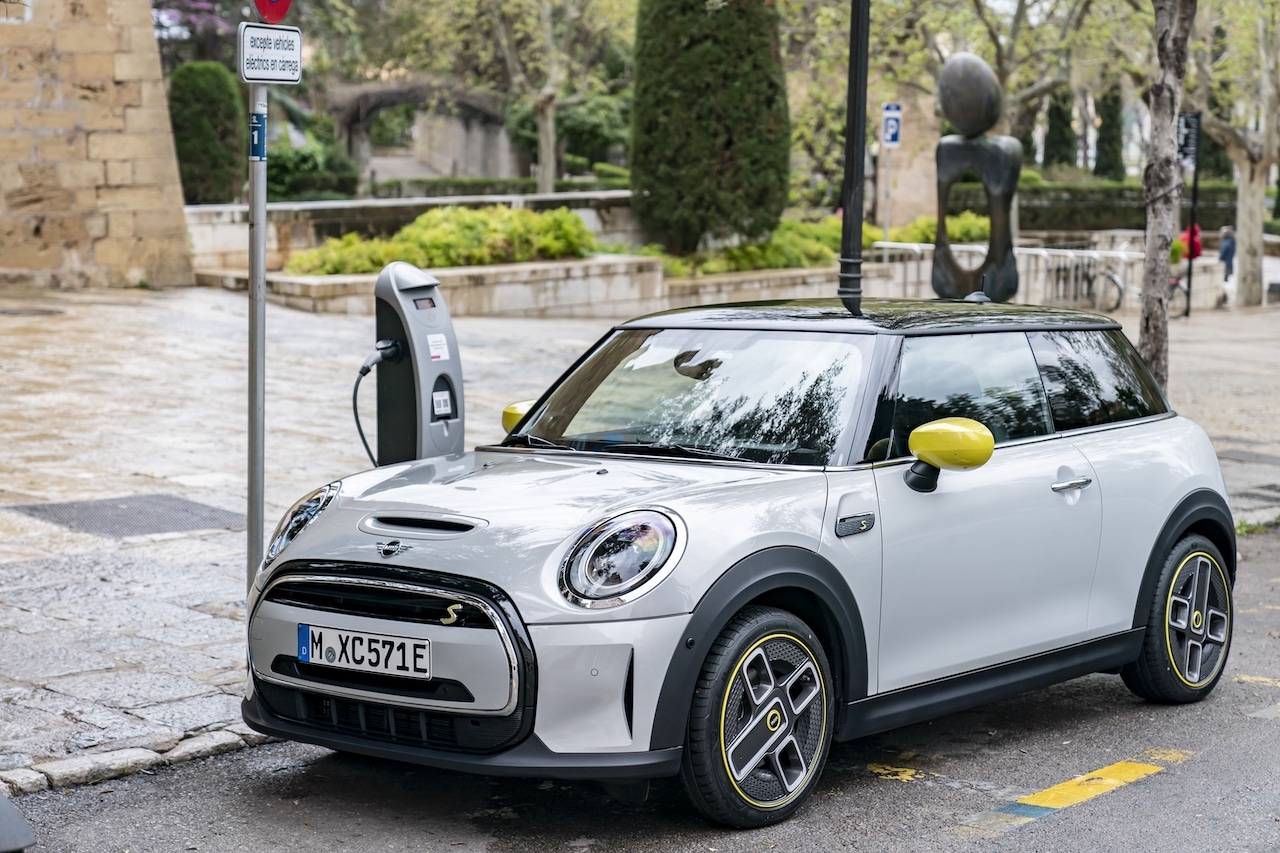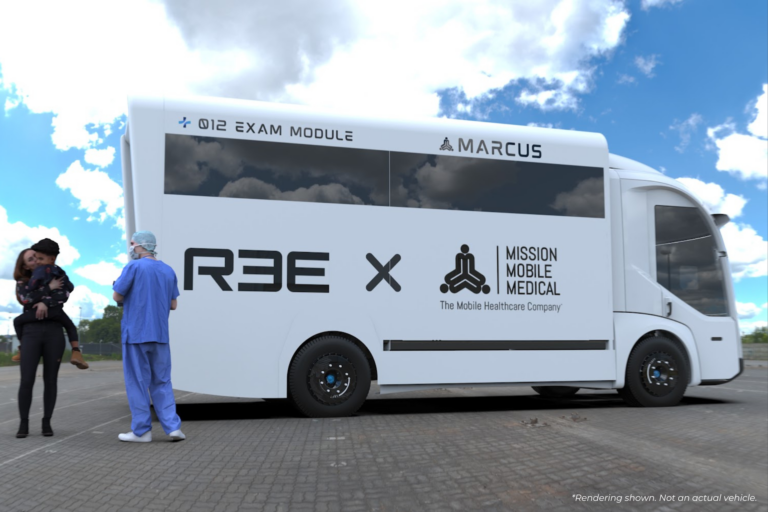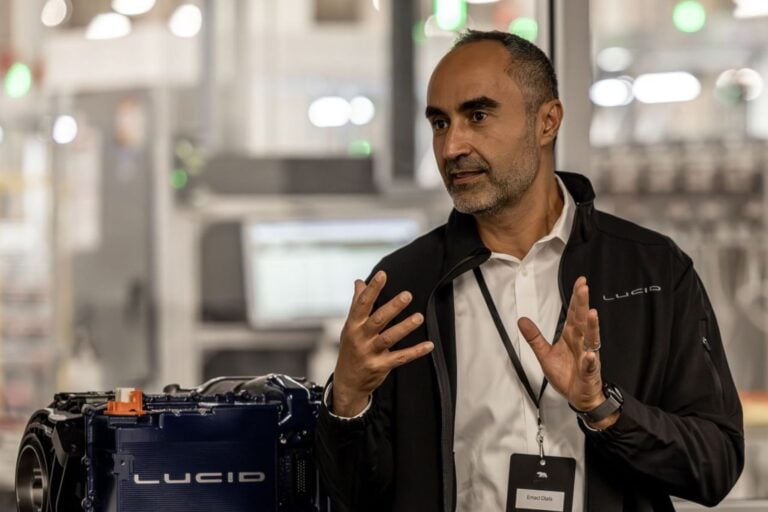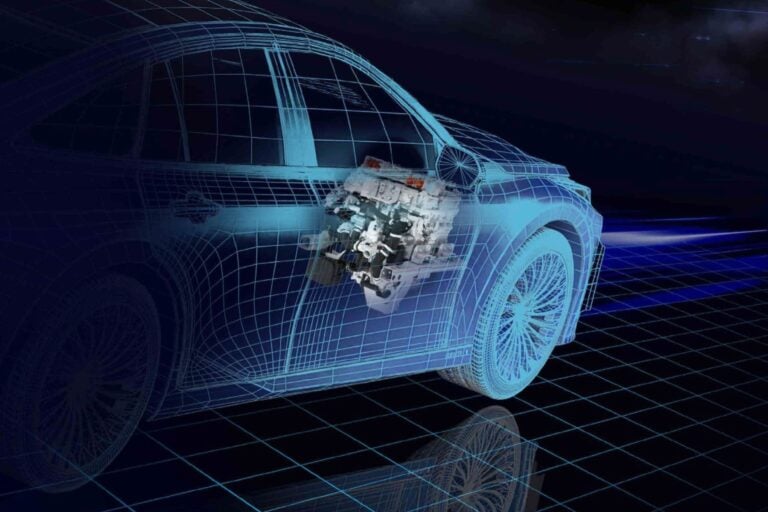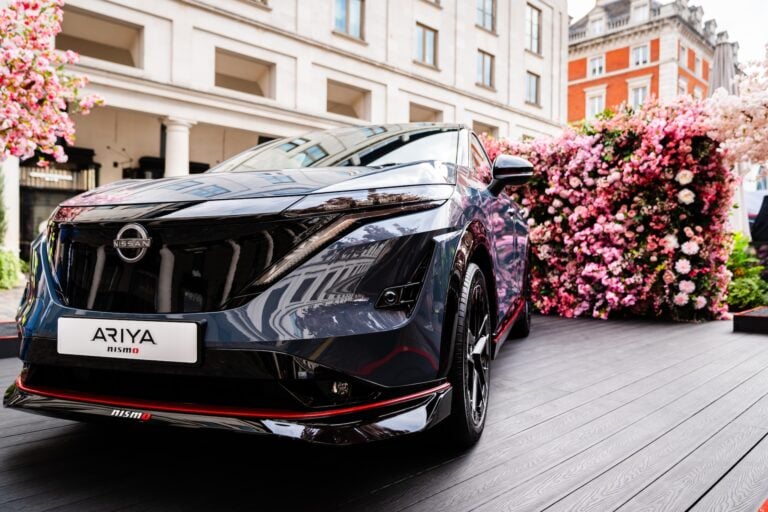Woodcliff Lake, NJ – A recent consumer survey completed by MINI USA reveals various shifts in American consumers’ opinions toward electric vehicles (EVs) over the previous three years. The survey, which replicated the same group of questions employed in a 2019 questionnaire conducted by MINI USA, reveals that more Americans – notably younger and female consumers – view electric vehicles as a primary car in the home more than any other use case. This conveys a shift from 2019 where more respondents favored “commuting car” and “city car” as preferred uses. Commissioned by Engine’s CARAVAN®, the survey also explores consumers‘ level of understanding of the EV infrastructure in their regions and personal mindsets toward EV ownership and travel requirements.
A fact that has stayed constant from both surveys is daily travel distance, as 76% of respondents say that 75 miles of battery range is acceptable for everyday driving. With only a 3% gain over three years, consumers’ daily driving distances remain well below the current range of all new electric vehicles on the market today.
While vehicle use has remained consistent, expectations for quicker charging times have risen over the last three years. This not only signals an improved perception of available charging technology and its advancement over recent years but an increasing expectation that more significant improvements in charging are necessary for rapid EV adoption. More than two-thirds (67%) of consumers now think charging should take no more than an hour, increasing from 59% three years ago.
Another point demanding stronger evangelization is the $7,500 Federal Tax Credit most EV buyers would receive upon buying their new vehicle. College graduates have made substantial headway (particularly in high-income households), with 50% or more now considering the credit as an essential purchasing factor. This philosophy falls steeply among consumers with little to no college education or who live in lower-income households, where the tax credit could be more beneficial.

